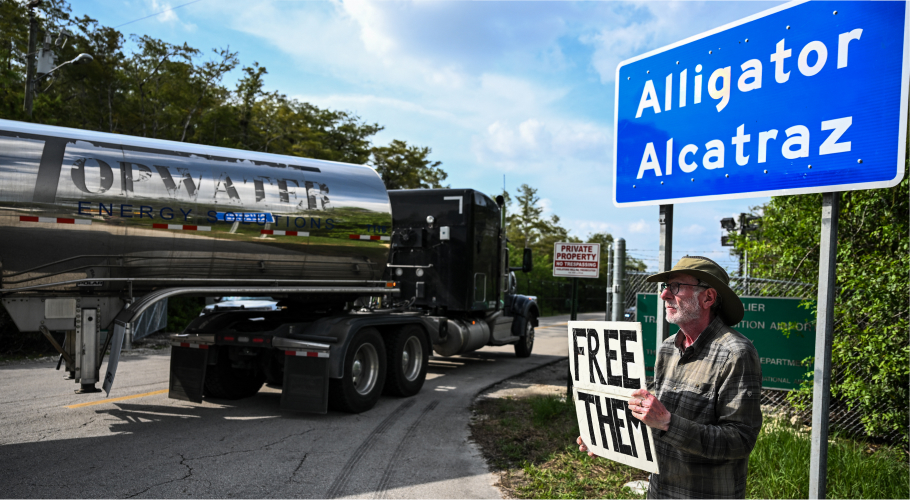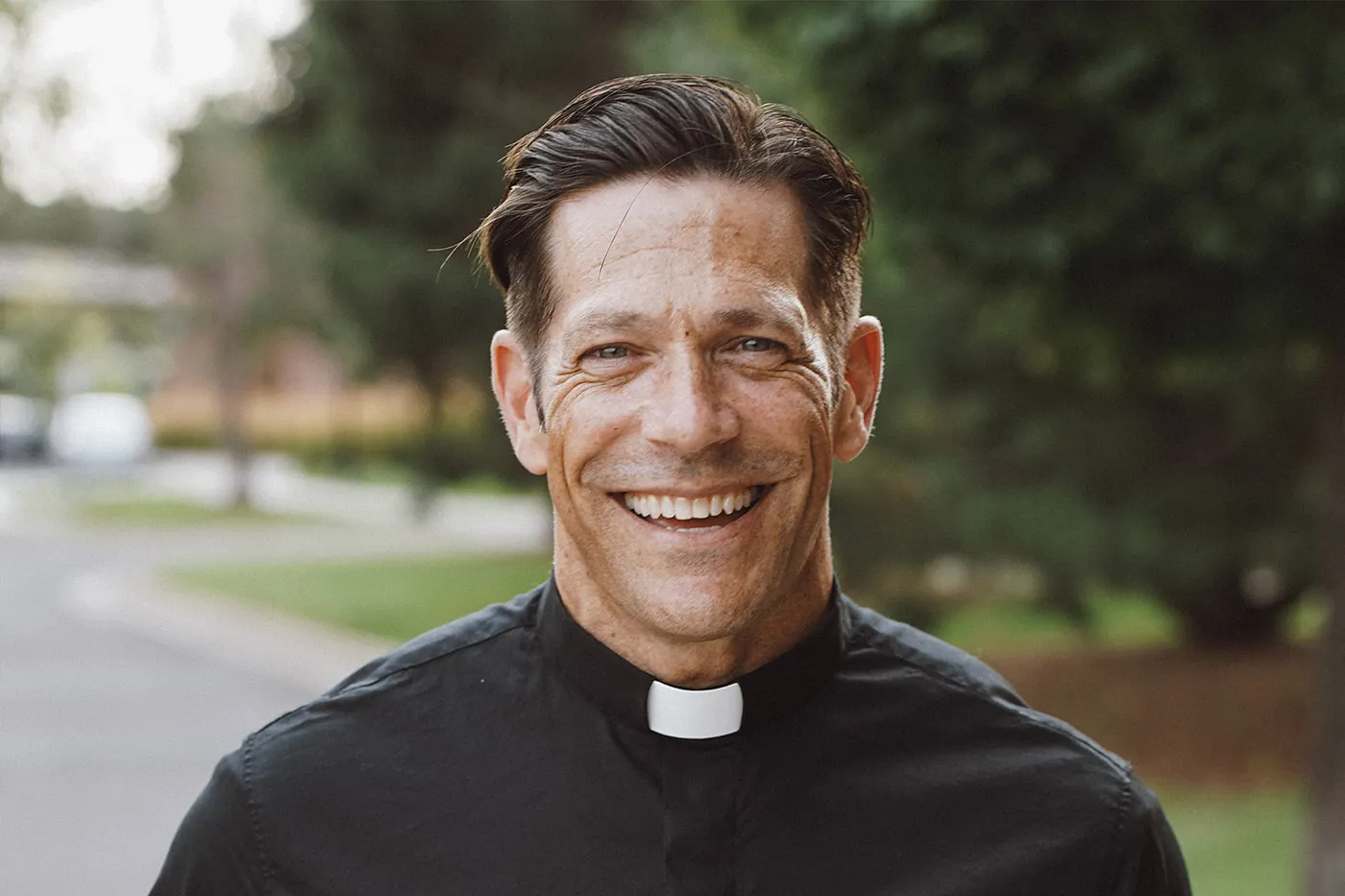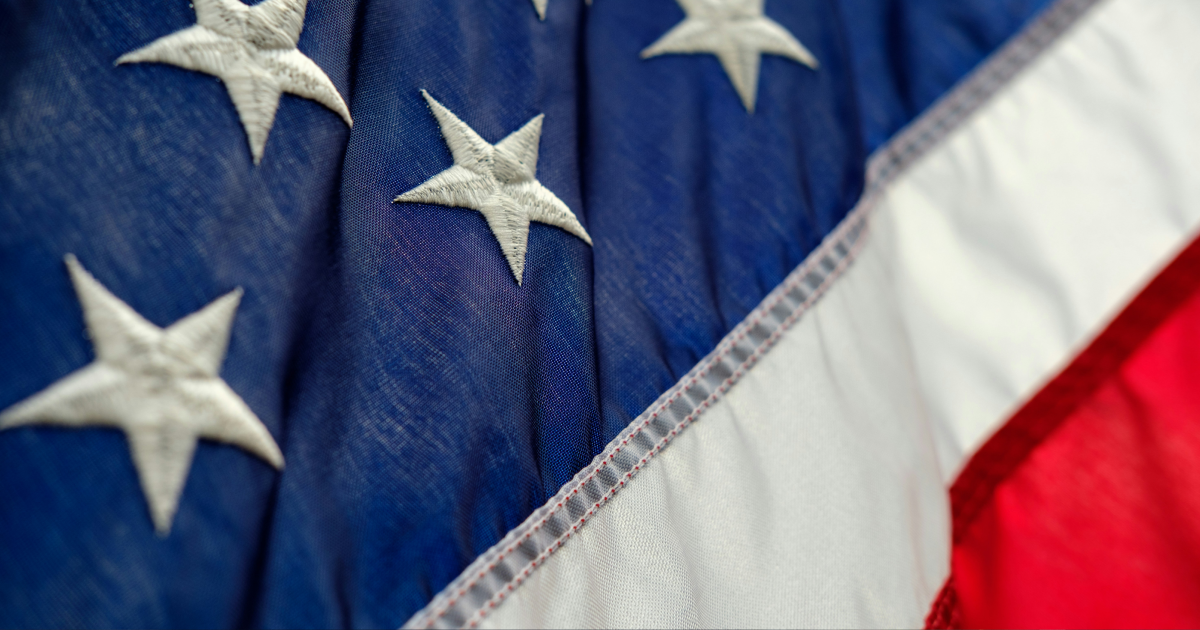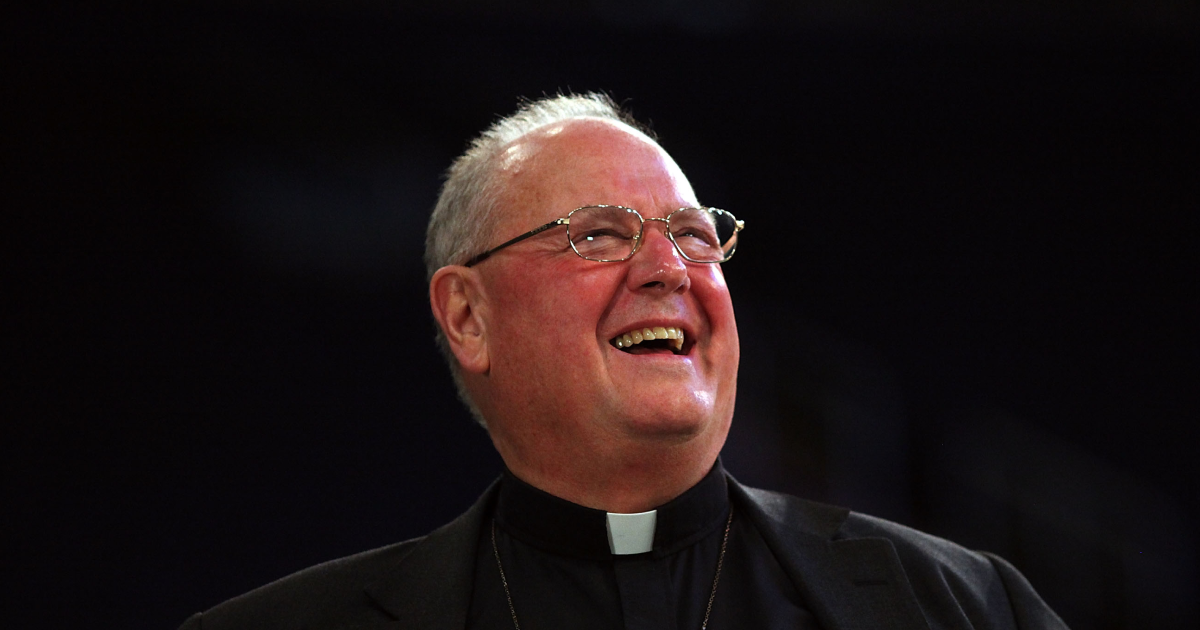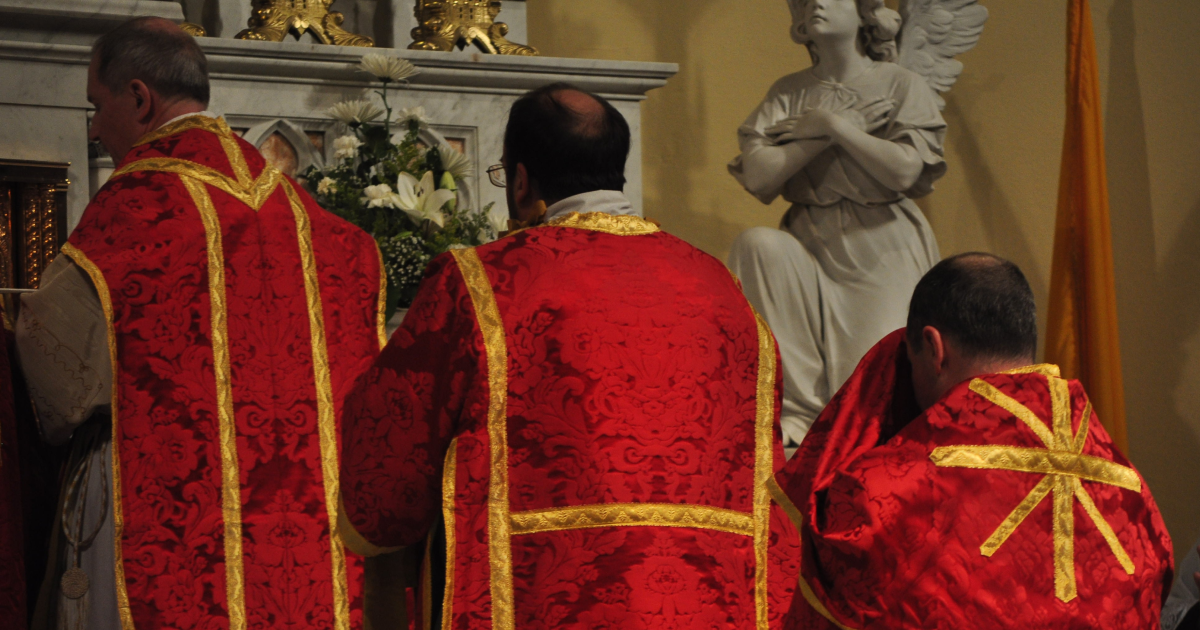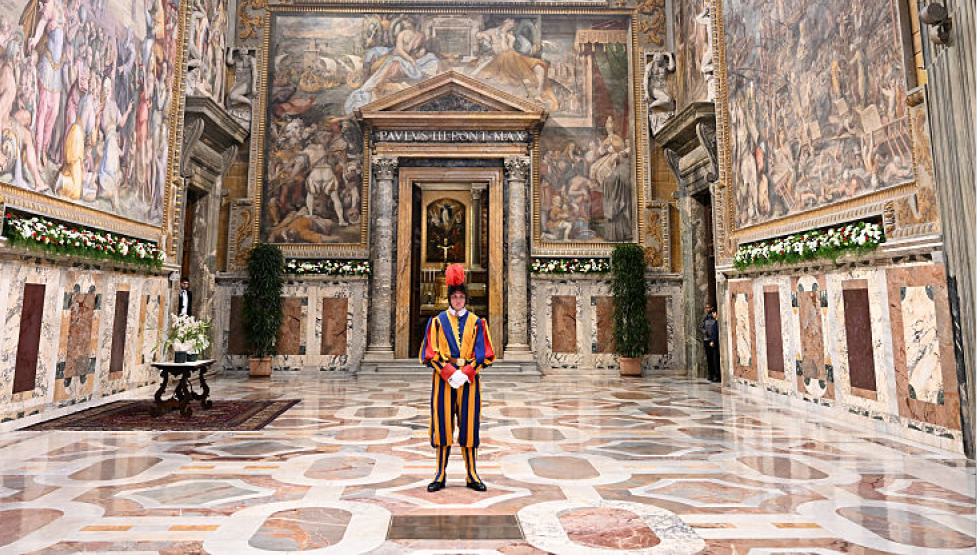The Archbishop of Miami has issued a stark challenge to what he describes as a rising tide of Christian nationalism, branding the movement as “neo-nativism”.
During a webinar hosted by the Jesuit Refugee Service on 28 October, Archbishop Thomas Wenski told Catholics to recognise the deep spiritual and moral risks Christian nationalism poses.
Miami’s senior prelate offered a pointed critique of the current immigration situation in the US, cautioning that when Christian identity becomes tethered to the soil of one’s birth it betrays the universal call of the Gospel.
“This neo-nativism washes over into nationalism," Archbishop Wenski said. "This is not only a fever in this country, but we see it breaking out in other countries as well.”
He traced the phenomenon to earlier anti-immigrant movements in US history, remarking that today’s exclusionary fervour echoes the 19th-century "Know Nothings", a nativist political movement in the US whose members were required to say "I know nothing" whenever they were asked about its specifics by outsiders, providing the group with its colloquial name.
Reflecting on the moral responsibility of Catholics towards migrants and refugees, Archbishop Wenski said the Church’s task was not to impose but to inspire.
“I always tell people I can’t impose anything because I can’t carry a Glock [gun] on my hip,” he said. “I can’t impose, but I can propose. And as Catholics, we have to propose what can advance human flourishing. Immigration reform is one way of doing that.”
He described navigating a complicated bureaucratic system when trying to arrange pastoral visits to migrant detainees in Florida, saying that immigration officials referred him to state authorities, while the state insisted the issue was federal.
“It doesn’t make sense for the State of Florida, or any state for that matter, to be running a detention program on behalf of the federal government,” he said. The confusion, he added, makes it difficult for detainees to meet with chaplains and attorneys alike.
Although immigration is a federal issue, Florida has closely aligned itself with President Donald Trump’s administration on enforcement. The Archbishop noted that the state’s hardline approach has led to confusion about responsibility and oversight. Earlier this month, a federal appeals court questioned Florida’s authority to prosecute, under its own immigration law, people entering the state illegally.
Shortly after taking office in his second term, President Trump issued Executive Order 14160, seeking to end birthright citizenship for children of undocumented immigrants, a reinterpretation of the 14th Amendment that has been blocked in multiple federal courts.
The administration has also promulgated orders to “faithfully execute” immigration laws, targeting "inadmissible and removable aliens", accelerating interior enforcement and proposing sweeping changes to visa and asylum systems.
Tjhe archbishop's comments come in the wake of the establishment of the infamous so-called Alligator Alcatraz, an immigration detention facility located on the former Dade-Collier Training and Transition Airport inside the Big Cypress National Preserve in Florida, about 47 miles west of Miami in the Everglades.
The camp, capable of housing between 3,000 and 5,000 detainees, was built in an extremely remote swamp environment and features tents, trailers, chain-link enclosures, barbed wire and about 200 security cameras.
It was rapidly constructed in just eight days and has been positioned by Trump and Florida officials as a model for severe immigration enforcement, featuring rugged terrain, swamps, alligators and python habitats as symbolic, if not deadly, deterrents.
State officials in Florida insist that the Alligator Alcatraz centre has improved conditions compared with older ICE facilities, citing increased medical staffing and daily access to religious services.
They maintain that the centre operates within federal guidelines and that reports of neglect are “politically motivated distortions” aimed at discrediting the administration’s immigration agenda.
Critics, however, say the sheer remoteness of the site and its militarised design symbolise a punitive approach that treats migration as a criminal act rather than as a humanitarian issue.
Archbishop Wenski, while acknowledging the complexity of immigration law, warned that such attitudes risk eroding compassion and Christian witness.
“It shows that the consequences of original sin are quite universal in the human condition,” he said.
Photo: A member of 'Leaders of Faith and Conscience' holds a placard during a weekly interfaith vigil outside the immigrant detention centre known as 'Alligator Alcatraz', Florida, 24 August 2025 (Photo by CHANDAN KHANNA/AFP via Getty Images)





